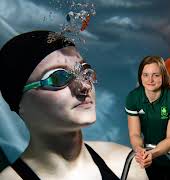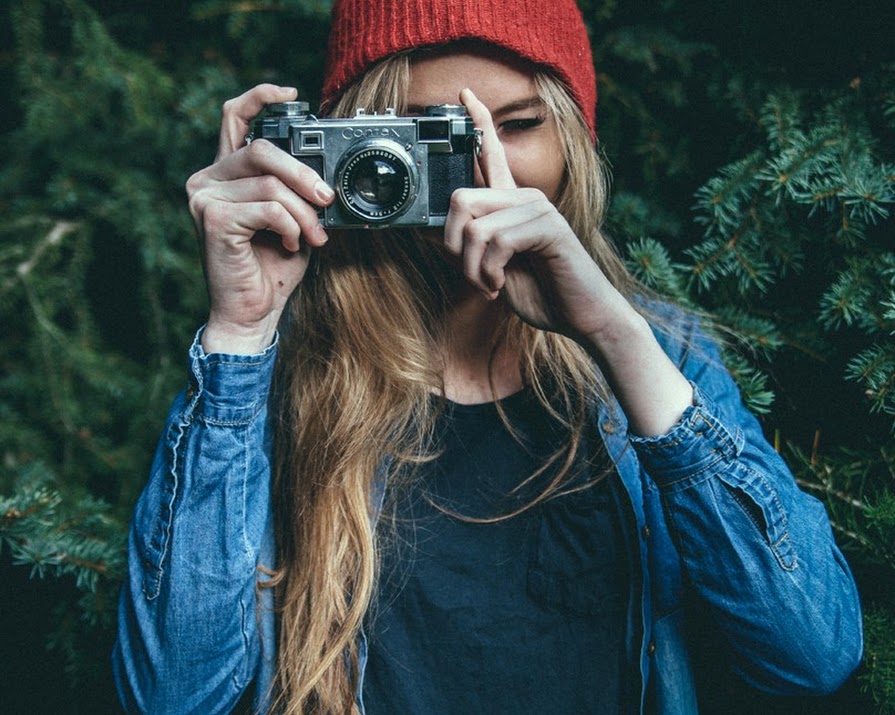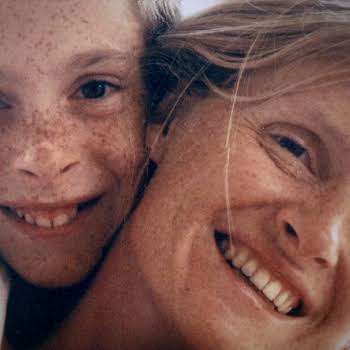
By Niamh ODonoghue
28th May 2016
28th May 2016
In 2013, it was hailed as the Oxford Dictionary’s ?word of the year?. It is estimated that it takes an astonishing 7 minutes to take the perfect one, and people?are going to extraordinary lengths to take them. There has been a lot of discourse circulating recently about selfies and what they say?about us: do we take them to prove to ourselves, and to reassure our peers, that we’re attractive? Do we need the self-glorification to feel fulfilled or happy in ourselves? The truth is our modern world revolves around aesthetics, and with so much at our disposal we are collectively morphing into a herd of cyber-loving narcissists.
Time wasted
According to The International Business Times, millennials – or people aged between 18 and 34 – will take up to 25,000 selfies in their lifetime. A?survey carried out in 2014 by The Pew Research Centre ‘studied the behaviours of millennials and the impact that smartphone technology has on their lives. It is estimated that we spend an astonishing 54 hours a year taking selfies, and 7 minutes is required in order to achieve the ?perfect? selfie.
According to Violet Johnstone, a psychology doctoral student at Trinity College Dublin, there is no simple answer as to why we react the way we do with selfies, but she believes that one of the reasons why we love taking photographs of ourselves is due to our pre-historic animal instincts and early world behaviour:
?Human beings are pack animals, meaning that it is essential to our survival that we form and maintain groups and communities, and it is a very instinctual behaviour. Selfie culture is influenced by this in two ways. One is that we have always tried to appear valuable to other members of our group, we want to increase our social capital as a means of survival, and social network is a way to do this on a scale larger than we have ever encountered before. The second is that we also tend to copy the?behaviour of other members of our groups and communities, so, of course, selfies have caught on. I don’t think we are any more desperate to be seen and noticed than we have always been, we just have a much larger and more accessible way to do that now?.
New research published in Social Psychological and Personality Science found that people who take selfies are ?likely to overestimate how attractive they are.’ The study tested 198 college students – out of this group 100 of which were self-confessed selfie lovers. Each individual took a selfie and then had a photo of them taken by a third party. The photos were then rated by members of the public. The findings suggest that all candidates thought that they looked better in their selfies as opposed to the photos taken by a third party, and that people who take more selfies than those who do not are believed to be ‘significantly more narcissistic? than those who do not.?However, juxtaposing with this new research, Violet expresses that part of our selfie culture has a lot to do with ego and low self-esteem:
?Insecurities and a poor sense of self-confidence lead people to constantly look for assurance of their worth in others and a reflection of who they are based on the opinions of others; meaning the more ?likes? a person gets, the more they believe they are liked,? she says.?However?Violet adds that, like everything in life, it all equates to a healthy balance:
“We all care what others think, but also hopefully have an internal sense of value that doesn’t leave us overly needy or vulnerable. There is a difference between a selfie here and there to show aspects of your life to family and friends, and lots and lots of selfies where someone is basing their worth on something as flimsy as how attractive semi-strangers find them.”?Food for thought perhaps.
Dangerous
The trouble with so many selfies is that everyone seems to be competing to get the most daring adaptation.?The selfie-movement was condemned this year when a group of tourists was held responsible for killing a rare baby dolphin in Argentina, after pulling the animal out of the water to take selfies. After allegedly being passed around for photo-ops, the creature sadly died.
Similarly, only this week has a man died in China after attempting to take a selfie with a 1.2-tonne walrus at a zoo. After taking the selfie, the animal dragged the man into its pool. Unfortunately, a zoo keeper who attempted to save the mans’ life also passed away. It’s now known that selfie-related deaths are now more common than shark attacks, and now statistics show that the majority of selfie-related deaths take place in India; accounting for almost 40% of all deaths. Only this month 15-year-old Ramandeep Singh accidentally shot himself while taking a selfie with his fathers’ handgun. He later died from his injuries.
Neo liberation
However, not all selfies are bad. Selfies have given men and women a divine sense of social empowerment. What might have once been considered as pornographic material, taking a naked selfie has recently been deemed as ?liberating and freeing? for people who feel oppressed by their clothes, or feel that they have to hide their sexuality to conform to societal norms. It was in March of this year that model Emily Ratajkowski combined the power of selfies with social media (and her killer bod) to voice her opinion on female sexuality. Fellow models and celebrities – including Sharon Osbourne and Kylie Jenner – have since joined Ratajkowski in the fight for sexual liberation.? Could selfie’s be a step towards bodily-emancipation? Or on the contrary, is this dangerous for younger generations?
In Eastern countries, where it is forbidden to be photographed without hijabs as it mirrors Western culture,?women are detaching themselves from social oppression and initiating positive change through selfie culture. Iranian model Elnaz Golrokh has fought back against these rules by posting a hijab-less selfie to her 650,000 Instagram followers. However, over fears for her safety the model has since left her country. Furthermore, New York-based Iranian journalist?Mash Alinejad initiated ‘My Stealthy Freedom‘; an online campaign against the forced wearing of hijabs. Through her Facebook page, Alinejad shares pictures of women out in public without wearing hijabs, enjoying what she calls ‘stealthy freedom’. Could our self-loving and narcissistic ways inaugurate a social revolution?























